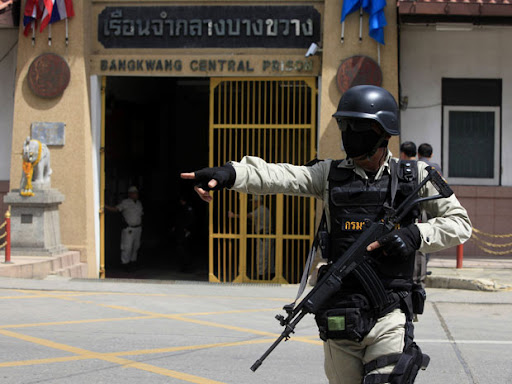
Yong was 19 when he was first arrested for possessing 47g of heroin in 2007
© Save Vui Kong Campaign
A young Malaysian man under threat of imminent execution in Singapore for drug trafficking should be granted clemency, Amnesty International and the Anti-Death Penalty Asia Network (ADPAN) have said.
Yong Vui Kong, who was 19 when he was first arrested for possessing 47g of heroin in 2007, has no other options left.
On 4 April, the Supreme Court rejected his third and final appeal, which was made on the basis he was subjected to unequal treatment before the law.
“Countries around the world have abolished the mandatory death penalty because it does not allow courts to consider the circumstances of the defendant and the crime - Yong Vui Kong must be spared this cruel and degrading punishment,” said Lance Lattig, Amnesty International's Singapore researcher.
In an open letter, Amnesty International and ADPAN urged the Minister for Law and Foreign Affairs and other Cabinet members to intervene and recommend clemency for Yong Vui Kong, to establish a moratorium on the death penalty and suspend executions.
Clemency granted by the President, following advice from the Cabinet, is Yong’s last hope.
Yong’s lawyer cited the Singapore attorney general's decision not to prosecute the alleged mastermind of the drug operation, dropping 26 charges against the Singaporean who was Yong’s boss.
"The Boss of the drugs syndicate has had the charges against him dropped, while Yong Vui Kong, poor and only 19 at the time of his arrest, will be put to death. No enlightened legal system could justify this result," said Mr. M. Ravi, counsel for Yong Vui Kong and ADPAN member.
Yong was sentenced to death in 2008 under Singapore’s Misuse of Drugs Act, which requires the death penalty for anyone caught with more than 15g of heroin.
The case has sparked concern around the world. In Malaysia, Foreign Minister Anifah Aman and legislators requested the Singaporean authorities to grant clemency in 2010.
The President of Singapore can only grant a presidential pardon upon the advice of the Cabinet.
Clemency for a death sentence has only been granted six times since independence in 1965.
Amnesty International opposes the death penalty in all cases and without reservation.






 23:01
23:01
 Reporter
Reporter

 Posted in:
Posted in: 

